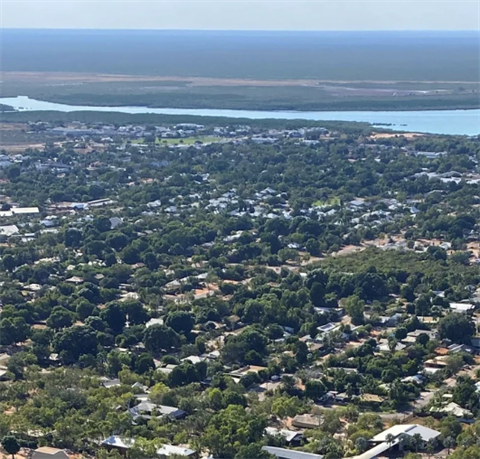New planning scheme brings holiday house (Airbnb) rental regulation
Published on 04 October 2023

The Minister for Planning, Lands, Housing and Homelessness, John Carey, has approved the Shire’s new Local Planning Scheme No.7, paving the way for the new short-stay holiday house policy.
The recently gazetted LPS7 replaces the Shire’s Local Planning Scheme No. 6 (LPS6) as the principal statutory planning document within the Broome Local Government Area. It outlines how land can be used and developed and guides decision making surrounding land use and development.
- Fundamental changes of the Scheme include:
- Review of development standards (and built-form requirements) to ensure compatibility with State Legislation and Policy, removing any inconsistencies in development requirements.
- Review of zones and reserves, updating to ensure general consistency with the Model Provisions and alignment.
- Full review of public purpose local reserves – in accordance with Regulations.
- The ability to conditionally approve ‘Holiday Houses’ (unhosted short-stay rental accommodation) within a Residential Zone.
Unhosted Holiday House Planning Policy
Changes in the new Local Planning Scheme No.7 and the Local Planning Policy (LPP) concerning Holiday Houses aim to level the playing field for all local accommodation providers.
‘Holiday House’ means a single dwelling on one lot used to provide short-term accommodation but does not include a property where the owner/operator lives, otherwise known as a bed and breakfast.
Short-term accommodation options, provided through online booking platforms such as Airbnb, are a hot topic across Australia, with state and local governments looking to provide uniformity on how they are regulated.
Shire of Broome President Desiree Male said the Shire has taken the initiative on this issue, which has required navigating through several vital considerations.
“Some homeowners want to use their property to generate income using websites such as Airbnb, but accommodation providers like hotels and caravan parks have argued that short-stay accommodation providers have an unfair advantage, given the disparity in rates paid by the two options,” Cr Male said.
“Then there is the rental shortage in Broome (and across WA), which isn't made any easier by unregulated short-stay accommodation in our town.
“The Shire carefully considered all these points of view through a public submission process in 2022, resulting in the new LPP allowing short-term accommodation options to operate in parts of Broome, like residential areas, which were previously not allowed, but with several conditions attached.”
Cr Male said the homeowner would need to register with the Shire as a legitimate provider, with permit applications assessed on a case-by-case basis and subject to public approval – anyone who operates a holiday house without a permit faces substantial fines.
“Holiday Houses will also be subject to higher rates under the Shire’s Differential Rate Model, moving from rating category GRV Residential to GRV Tourism, meaning their land uses will be subject to a higher rate in the dollar.
“Applying higher rates to approved Holiday Houses is appropriate as the level of service given to Holiday Houses will be higher than the services provided to standard residential properties,” Cr Male said.
Property owners currently renting their properties as unhosted short-term rentals must now lodge a development application for a Holiday House use.
The Shire has implemented a six-month amnesty period for landowners running unauthorised holiday house rentals to apply and obtain Development Approval.
Landowners are encouraged to lodge an application as soon as possible to avoid receiving a compliance notice at the end of this period.
For detailed information and FAQs about the Holiday House LPP and approval process and the new Local Planning Policy and Local Planning Scheme 7, visit broome.wa.gov.au/Shire-Services/Planning